kategori film bahasa hausa
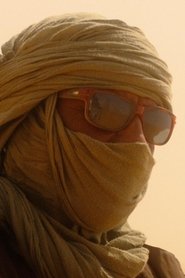 Gold fever has gripped northern Niger...
Gold fever has gripped northern Niger...Mountain of Gold 2025
Gold fever has gripped northern Niger. In search of the precious metal, and despite the risks, an army of researchers has invaded the sites of interest. While camps are set up and dismantled as rumours of new leads spread, Moussa and his companions are banking on the Ikazan vein.
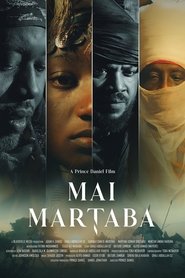 Jallabas trade boom crumbles due to...
Jallabas trade boom crumbles due to...Mai Martaba 2024
Jallaba's trade boom crumbles due to internal conflict among the ruling clans. A new dynasty promises stability, shattered by a king's heir choice - his daughter. Princess, rival, and a deposed clan clash for the throne. Who will rule - and can Jallaba survive?
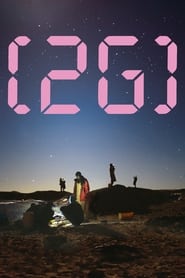 Agadez in Niger has long been...
Agadez in Niger has long been...2G 2023
Agadez in Niger has long been the starting point for people smugglers moving migrants through the desert to Libya. Under pressure from Europe, the Niger government has been trying to combat people smuggling, but the local economy offers few alternatives. Those who give up smuggling usually end up in gold mining. But it’s hard and dangerous work, and only a few make their fortunes.
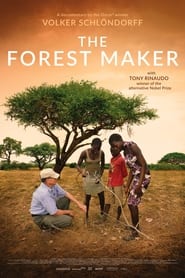 Together with African small farmholders Tony...
Together with African small farmholders Tony...The Forest Maker 2022
Together with African small farmholders Tony Rinaudo, an Australian agronomist, has been fighting against the spread of the desert for 30 years and challenges ideas of conventional reforestation with his simple yet effective method.
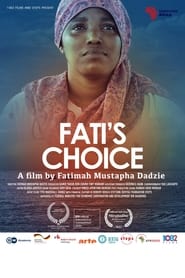 A beach reminds us of Fatis...
A beach reminds us of Fatis...Fati’s Choice 2021
A beach reminds us of Fati’s recent past. She came to Italy by sea, without papers, pregnant for the fifth time. Longing for her children, she returned to Ghana six months later – without her husband. The people around her can’t understand this decision. “You’ve created a mess,” a friend says. “How do I tell people?” a sister asks. But Fati wants to provide for her family, even though she still has to liberate three of her children from the custody of her in-laws.
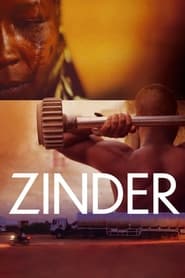 Unemployed youths many looking to leave...
Unemployed youths many looking to leave...Zinder 2021
Unemployed youths, many looking to leave the country for want of better options, are swelling the ranks of gangs that sow violence in Zinder, in Niger. Aïcha Macky explores the origins of the radicalization that is spreading through her hometown and the prospects for escaping it.
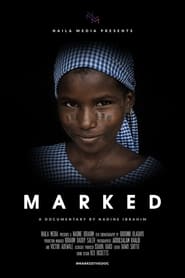 This documentary explores Nigerias cultural practice...
This documentary explores Nigerias cultural practice...Marked 2019
This documentary explores Nigeria's cultural practice of marking, including its origins and meaning as a symbol of identity, beauty and spirituality.
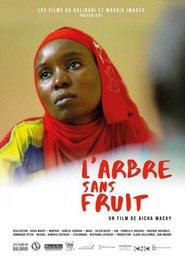 There is certainly some pressure to...
There is certainly some pressure to...The Fruitless Tree 2017
There is certainly some pressure to procreate in Western societies, but in some countries, it’s not even a question of choice. Married but childless, director Aicha Macky’s circumstance is judged unacceptable in her native Niger. Doctors haven’t been able to determine why she can’t conceive, but in her conservative Muslim society, women are always getting blamed for infertility, while men are rarely diagnosed. Speaking to her departed mother who died in childbirth, she expresses her deep sadness: “By giving life, you lost yours, whereas I’m dying a slow death by not being able to give life.” Drawing from her personal experience, Macky bravely addresses the taboo of childlessness and the stigma Nigerien women like her must endure. Through delicate, exquisitely shot portraits, and sensitive observation of other women’s secret suffering, she finds a way to affirm herself as a fulfilled individual among mothers.
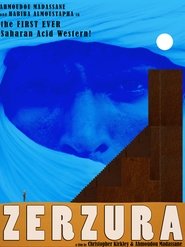 Zerzura is a featurelength ethnofiction shot...
Zerzura is a featurelength ethnofiction shot...Zerzura 2017
Zerzura is a feature-length ethnofiction shot in the Sahara desert. Mixing folktales and documentary, the film follows a young man from Niger who leaves home in search of an enchanted oasis.
 Kasarmu Ce mixes Hausa and western...
Kasarmu Ce mixes Hausa and western...This Land Is Ours 1991
Kasarmu Ce mixes Hausa and western storytelling techniques to create an enlightening, politically potent and culturally rich African thriller, complete with conspiracy, murder, and the power of "Dodo" spirits. Sani, a young man of charm and quiet self-confidence, is moved to act when his grandfather is killed by agents of a corrupt businessman, who wants to buy up the entire village with revealing that precious stones have been found all over its lands.
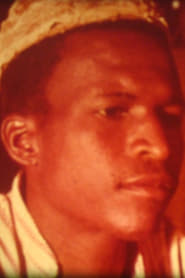 Serge Moati describes his film as...
Serge Moati describes his film as...Yan Diga - Ils traverseront des pays comme des jardins 1970
Serge Moati describes his film as "the saga of the 'children of the roads', builders of the future who "will one day cross countries that will look like gardens", as a lyric-amphigouric dialogue prophesied, declaimed by actors, quite amateurs, crossed all along the dusty tracks..."
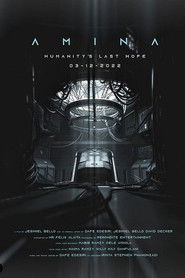
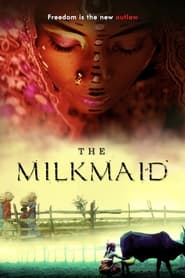 A Fulani milkmaid confronts religious extremists...
A Fulani milkmaid confronts religious extremists...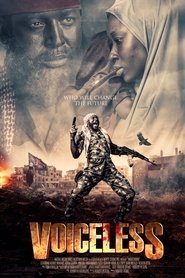 A bright and promising young girl...
A bright and promising young girl...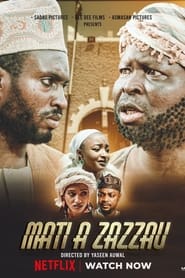 Story of a Cunning man named...
Story of a Cunning man named... Kamal and Bashir finish their first...
Kamal and Bashir finish their first... Nigerian version of the classic Titanic...
Nigerian version of the classic Titanic...